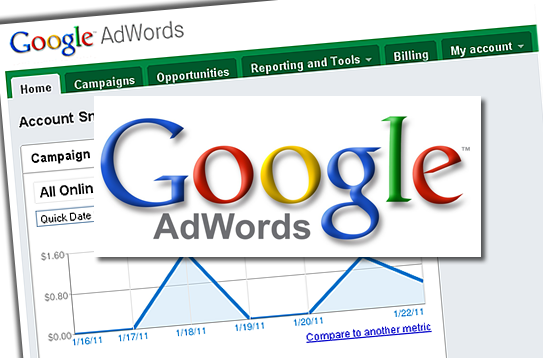A lot of advertising dollars are wasted chasing after prospective residents who will never live in your community.
I was recently having a conversation with Paul Flowers the president of Circa 46 a Senior Housing Forum Partner about how senior living communities can sift through the massive pool of elders and their children to find those relatively few individuals who are seeking and need senior living. Here is what he had to say:
A lot of advertising dollars are wasted chasing after prospective residents who will never live in your community.
It is a common mistake senior living communities make, committing large percentages of their marketing budgets to advertising to people who are not (and may never be) open to living in senior housing.
No matter how attractive, affordable, or intriguing you make a community, it is simply not going to be appealing to most older adults who are comfortable in their own homes. Consequently, most direct mail that targets senior homeowners is dead on arrival. Broader mass media – like newspaper, radio, television and billboards – are even less efficient as you are paying for everyone these media reach, no matter how young or old, healthy or infirm, rich or poor the audience might be.
Okay, this is a bit overstated to make a point. Advertising in other targeted media works, but it is not very efficient, especially if you operate an assisted living or memory care community.
Low-Hanging Fruit
It will come as no surprise that the decision to consider moving to an assisted living or memory care community is usually need-driven, precipitated by some sort of event – a fall, death of a spouse, the onset of dementia, etc. When that “event” occurs, the caregiver(s) responsible for that loved one jump into action. Usually that caregiver is the adult daughter or son of the loved one – and she’s probably in her late-50s or better.
So when that event occurs, the caregiver is now looking for you. Your success will depend largely on whether or not your community is easy for that caregiver to find.
Often the first place that caregiver will look is online – specifically the search engines like Google, Yahoo and Bing. In fact, 79% of your prospects will begin their search for senior housing options there.
Why?
The scenario plays out something like this: Mom has a fall. Her caregiver-daughter says, “Mom, you know you can’t live here alone any more. It’s not safe.” Mom responds by saying, “You’re right . . . so what are you going to do about it?” The responsibility for suitable housing now transfers to the caregiver. She goes to work looking for options that are appropriate for Mom. And she goes to the Internet.
To get in the game, your community needs to be on the first page of a search engine’s listings – better yet, at the top of that first page. The problem is, if you are depending on SEO to get you there, you will probably be disappointed. You will find your community is usually squeezed out by senior housing directories, referral sites, and some of the bigger players in the industry.
Furthermore, there are many search terms the caregiver may use to begin her search – 73% of those using search engines to look for senior housing will start with general terms like “retirement apartments” or “assisted living.” It is difficult for your community to earn listings on the first page of all the applicable search terms via organic SEO.
A strategy to make sure your prospects can find you when they start looking is pay-per-click search marketing. Paid search marketing, like Google AdWords, can ensure your community is listed where it can be easily found.
Cost-Efficient Results
 If you are not careful, paid search can become inefficient and expensive. You don’t want everyone who is looking for senior housing to click through to your community’s website – only those who are right for your community. Your search ads should be written so they will cull out those who would not be good prospects. Then, you only pay for higher-potential prospects that are more likely to consider your community to visit your website.
If you are not careful, paid search can become inefficient and expensive. You don’t want everyone who is looking for senior housing to click through to your community’s website – only those who are right for your community. Your search ads should be written so they will cull out those who would not be good prospects. Then, you only pay for higher-potential prospects that are more likely to consider your community to visit your website.
Since you can only fit a few words into your search ads, focus the messaging on what makes your community different from your competitors – and the more specific you can be, the better.
The low-hanging fruit is out there. The trick is to pick the fruit that is ripe.
How has paid search advertising worked for you?
If you are looking for a litte more information on paid search Circa 46 has put together a one page cheat sheet you can download here:
Steve Moran









